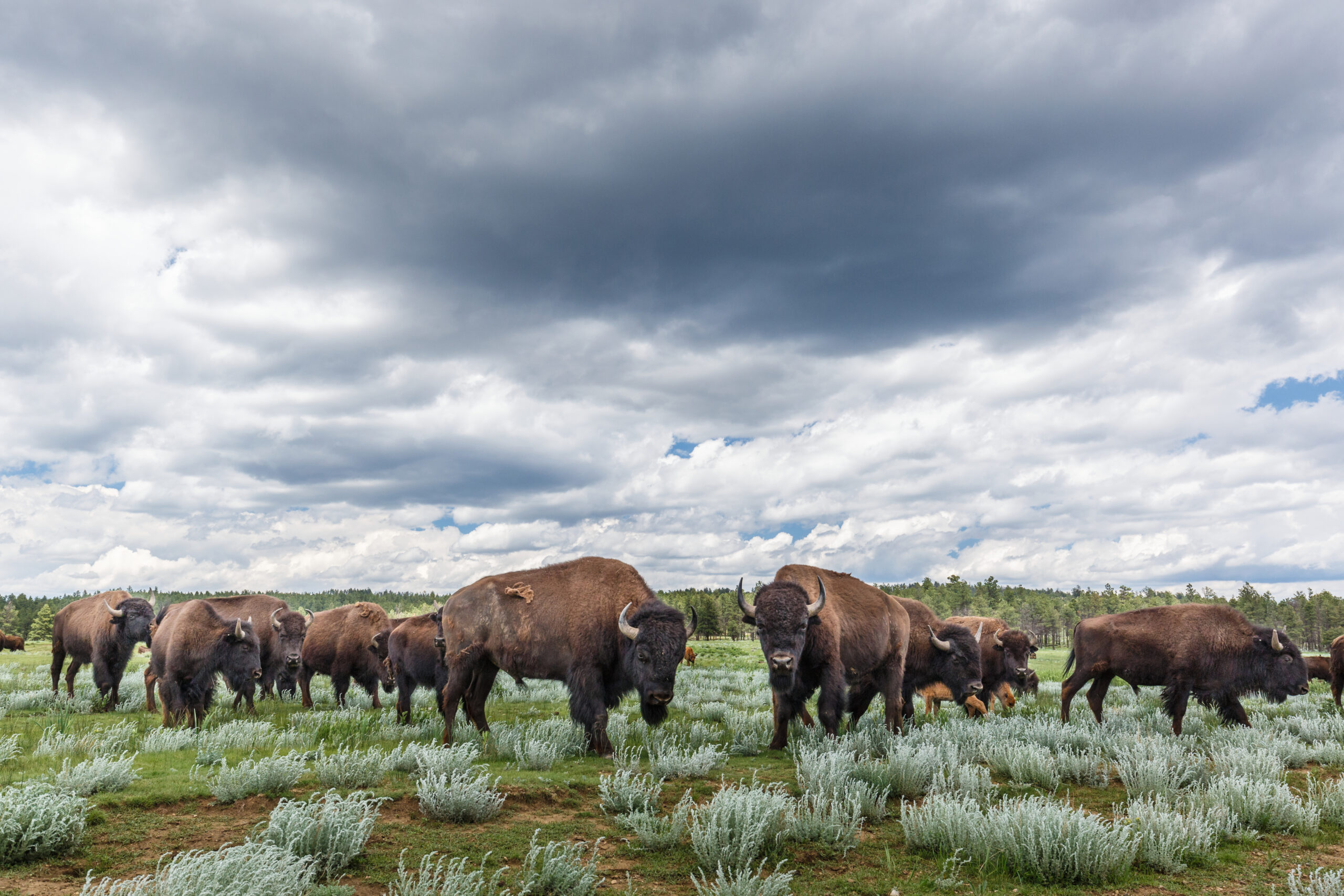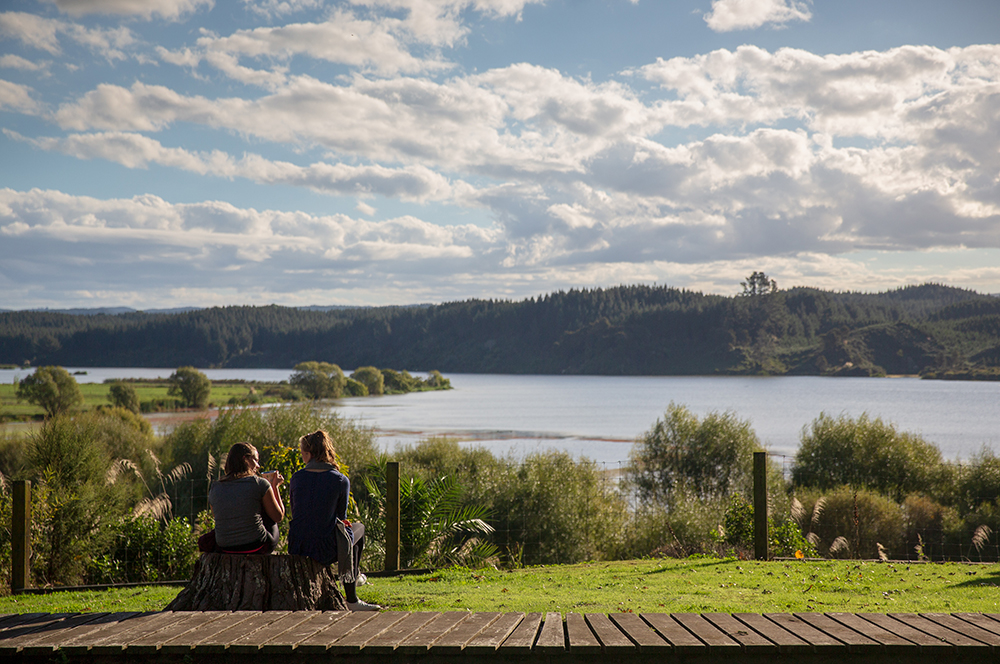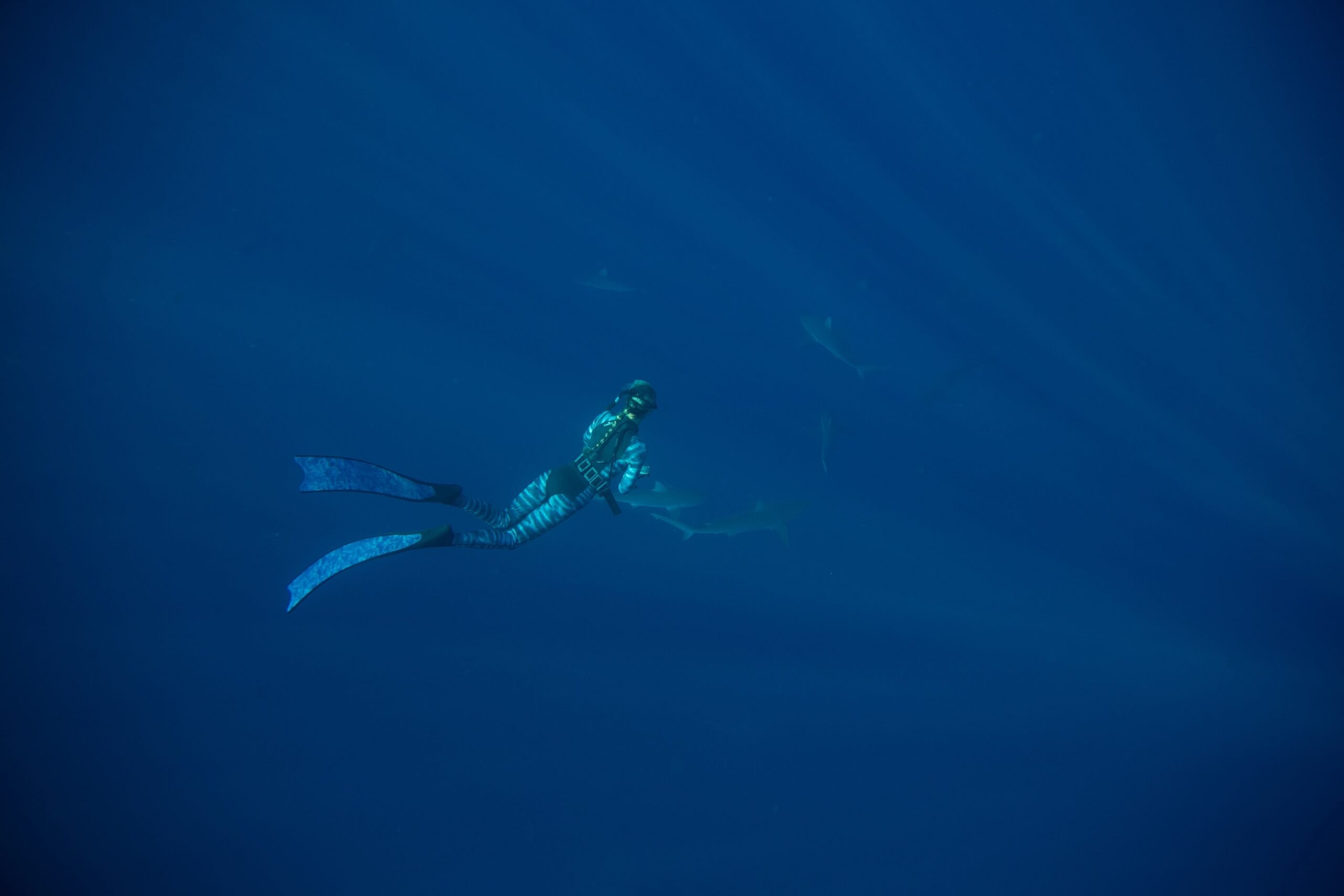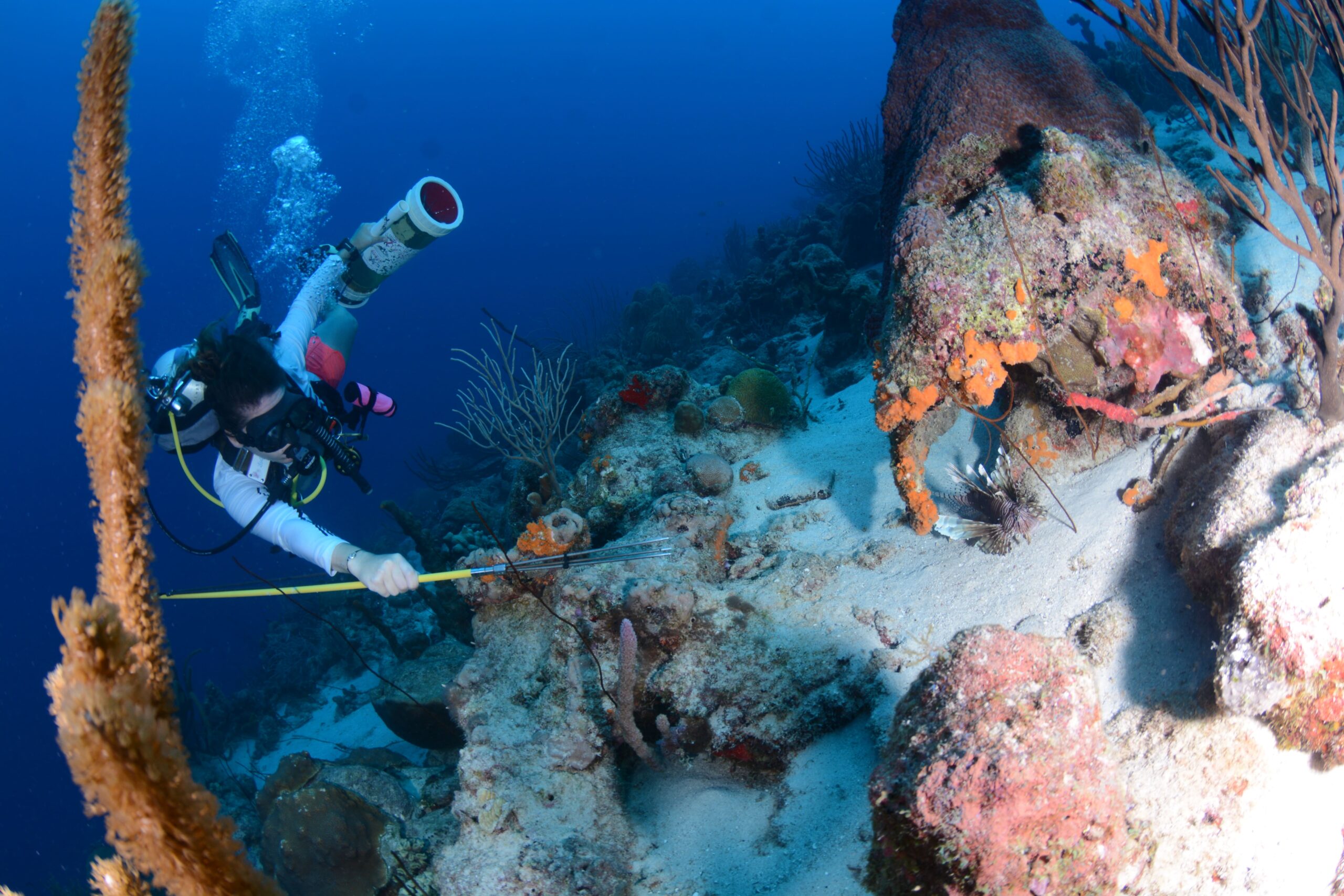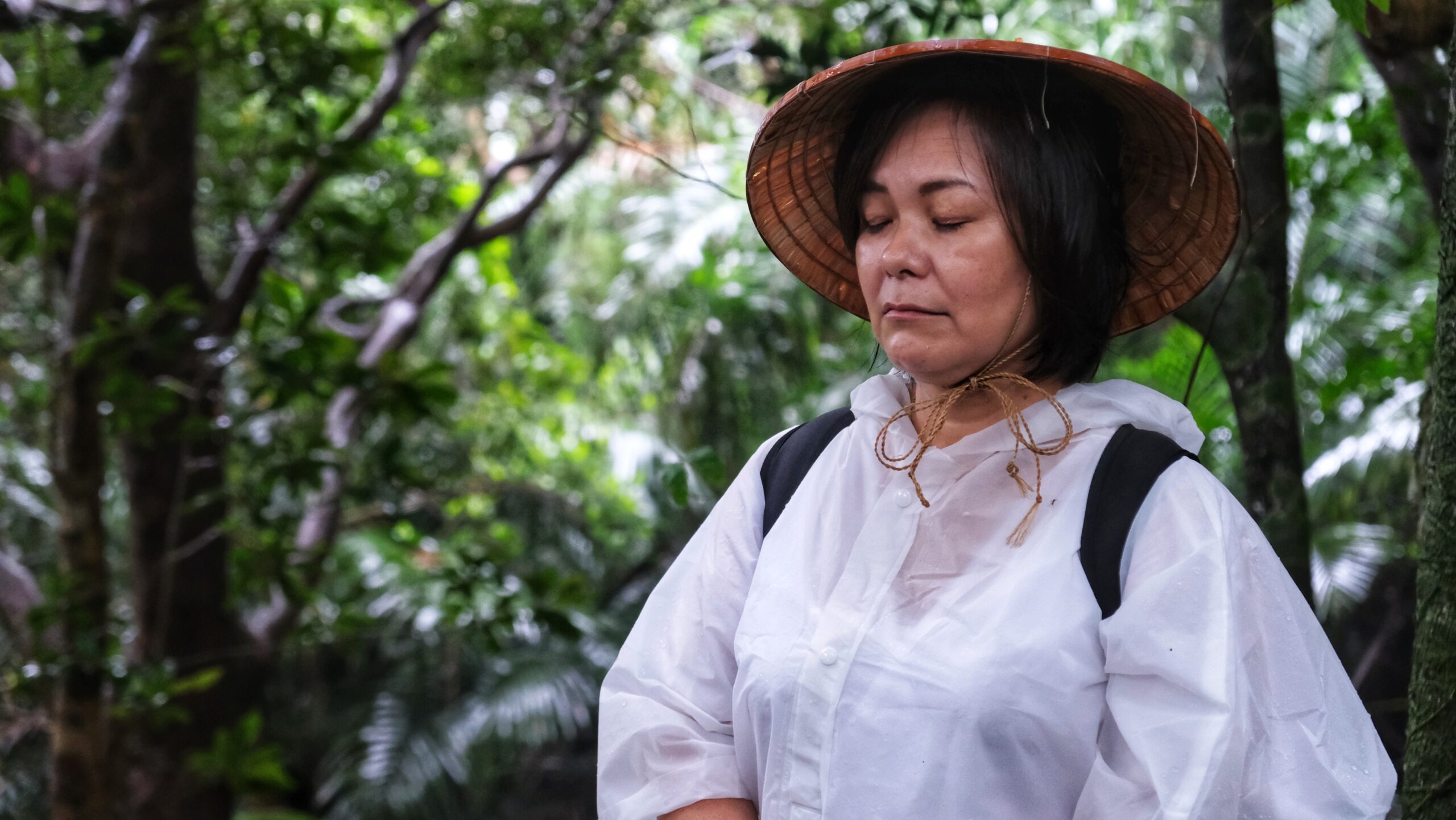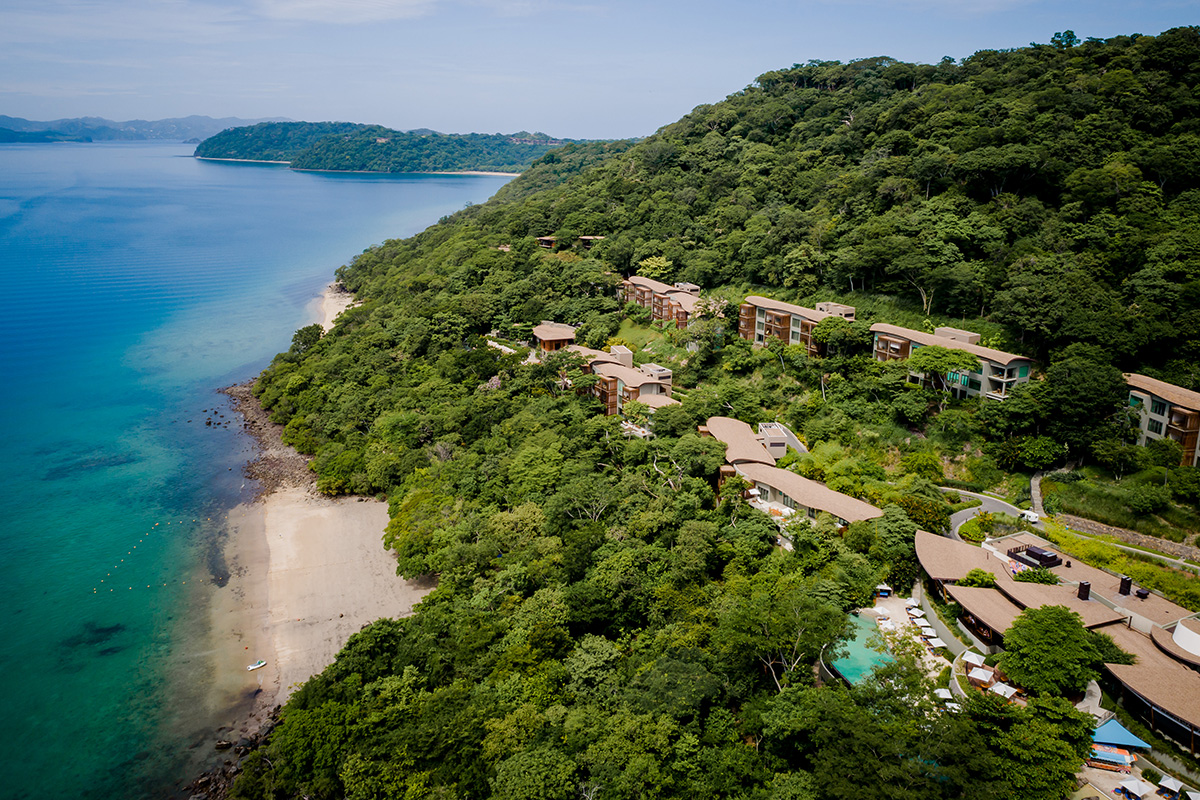“When open-air safari vehicles take guests into the midst of Vermejo’s vast wilderness, it is akin to being the only group in an entire national park.”
In a world where sustainability and luxury often seem at odds, these five boutique hotel brands are breaking the mold, proving that high-end hospitality can indeed exist alongside environmental stewardship and impactful community engagement. From the vast wildernesses of New Mexico to the biodiverse landscapes of the Philippines, each of these exceptional brands embodies a unique approach to sustainable and ethical hospitality. Whether it’s through rewilding efforts and wildlife conservation, innovative waste and water management practices, or deep-rooted community support, these hotels are redefining what it means to travel responsibly.
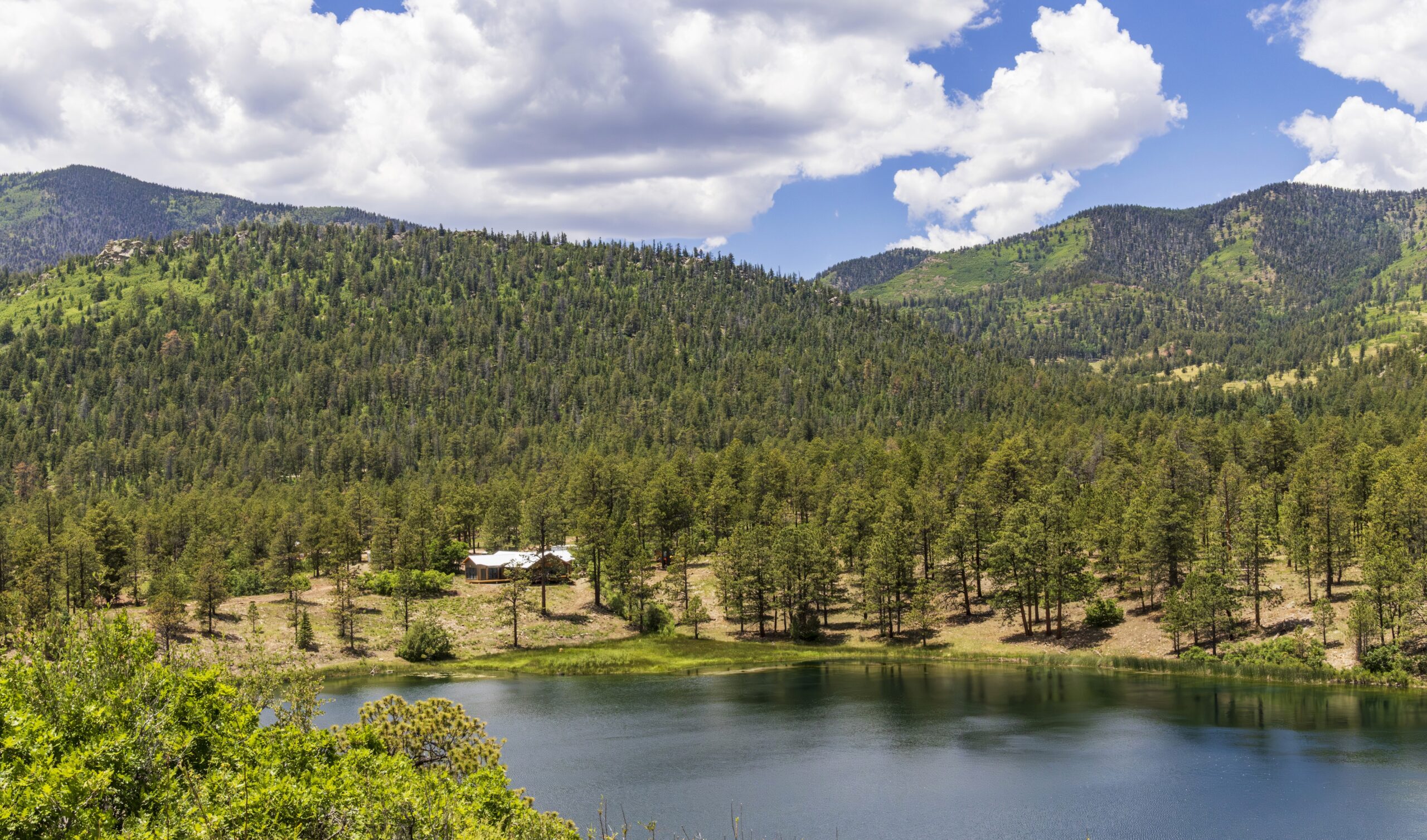
Courtesy of Ted Turner Reserves.
Ted Turner Reserves
Ted Turner Reserves (TTR) sets a gold standard for tourism-funded conservation through a multifaceted commitment to rewilding, restoring, and regenerating its vast landscapes. Spanning more than 1 million acres across four New Mexico properties in the Southwestern United States, TTR actively preserves biodiversity, supporting endangered species like the Mexican wolf, Bolson tortoise and desert bighorn sheep. The reserves are also home to the world’s largest, privately managed population of American Bison. TTR’s extensive rewilding efforts, which include forest restoration and soil regeneration, significantly enhance carbon sequestration, helping to mitigate climate change. The properties’ dedication to heritage is evident in curated adventures that connect guests to the region’s natural and cultural history, from fossil prospecting tours at Armendaris to leisurely floats down the Rio Grande at Ladder to spa treatments rooted in Native American healing traditions at Sierra Grande. At Vermejo, when open-air safari vehicles take guests into the midst of its vast 550,000 acre wilderness, it is akin to being the only group in an entire national park, allowing for moments of profound connection to nature that are difficult to come by anywhere else in the world.
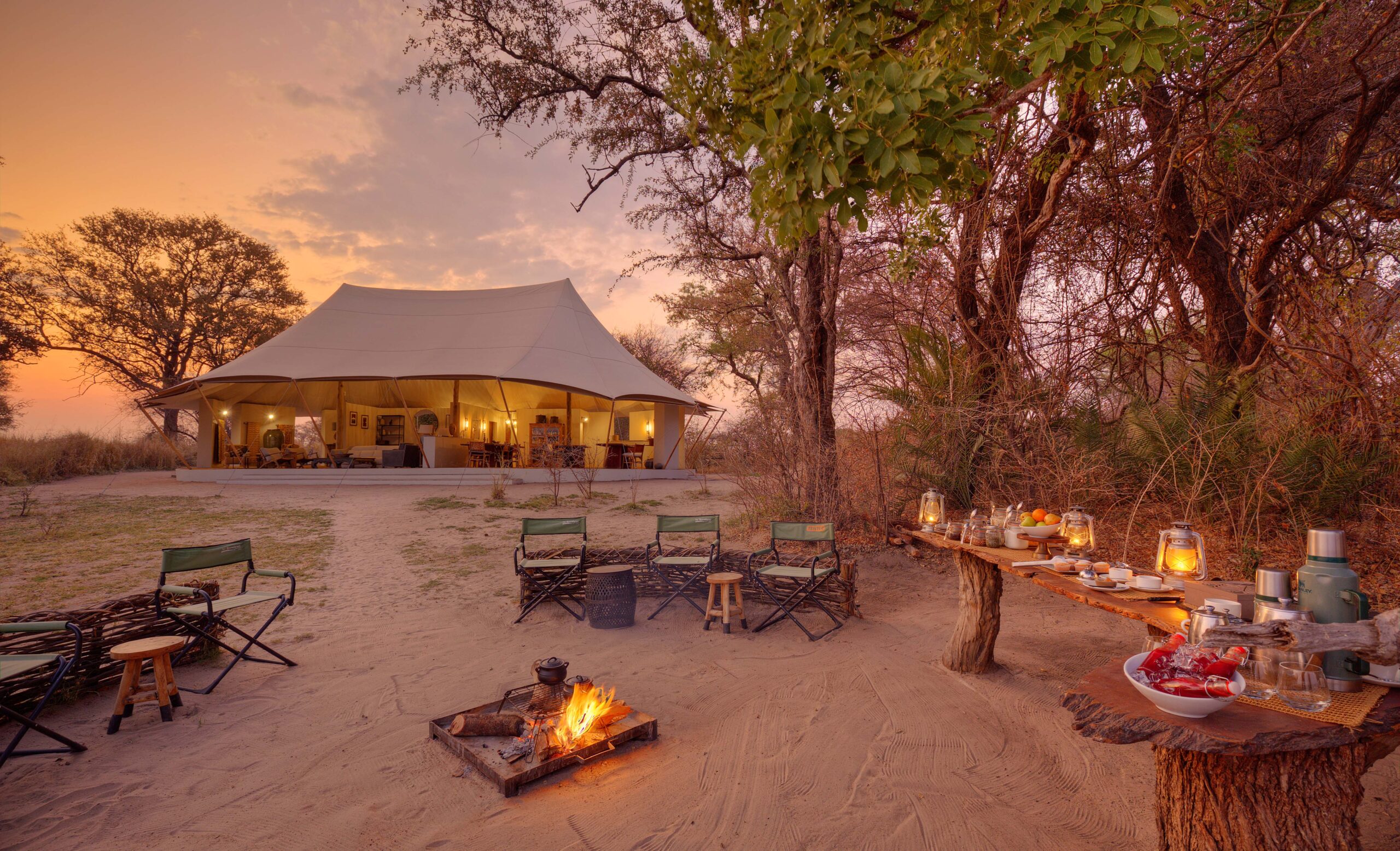
Courtesy of Green Safaris.
Green Safaris
Green Safaris is revolutionizing eco-tourism in Africa, both through their innovative “Silent Safaris” as well as a deep-rooted commitment to sustainability and community engagement. Operating eight lodges and camps in Zambia and one in Malawi, their electric safari vehicles and the world’s first electric dhow river boat provide an unbeatable wildlife experience–it’s quiet and incredibly immersive thanks to the lack of engine noise and pollution. Each of their lodges are solar-powered and constructed using native building techniques and locally-sourced materials whenever possible. But perhaps most impressive is how Green Safaris fosters local community development through initiatives like its reforestation projects on Likoma Island, educational programs for local children, support of local artisans and commitment to sustainable agriculture. This blend of luxury, conservation, and community involvement ensures that Green Safaris’ guests contribute to preserving Africa’s ecosystems and cultures with every stay.
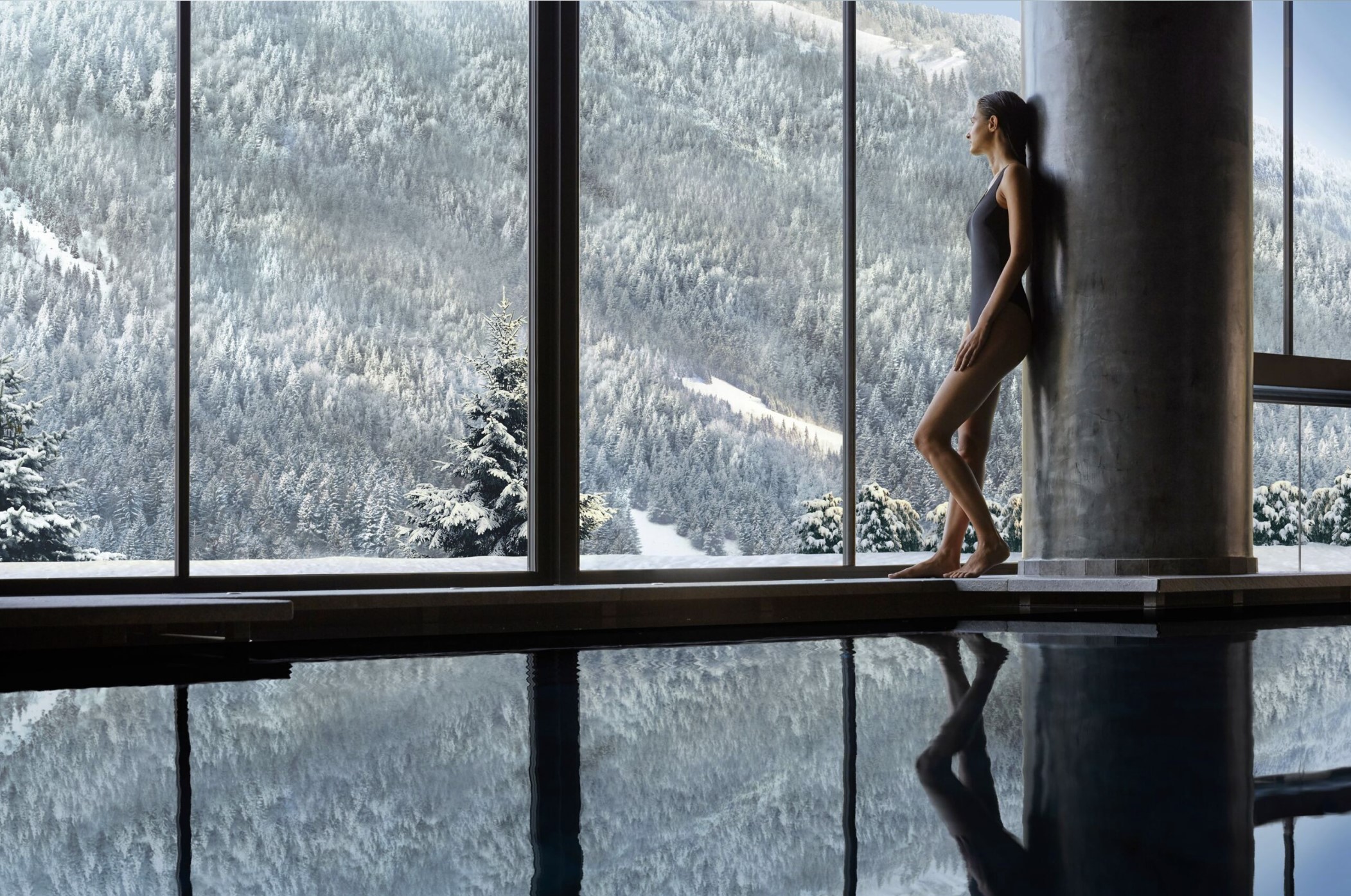
Courtesy of Lefay Resorts.
Lefay Resorts
Lefay Resorts exemplifies sustainable Italian hospitality, and has the receipts to prove it, including emissions reports, certifications and a comprehensive code of ethics. With two current locations in Italy’s Lago di Garda and the majestic Dolomites, and another on the way in the Swiss Alps, Lefay’s commitment to eco-luxury embodies every aspect of its operations. The use of renewable energy sources like solar panels and biomass significantly reduces Lefay’s emissions. A comprehensive carbon management strategy, validated by TÜV SÜD, also ensures ongoing monitoring and offsetting of CO2 emissions through global initiatives like the “Clean Water Somali-Ethiopia” project. Water management practices at Lefay include innovative water reticulation systems, rainwater harvesting and the use of drought-resistant native plants in their landscaping. This adherence to rigorous environmental standards is recognized by industry certifications including ISO 14001, ClimaHotel, and Green Globe, and both hotels are also members of Stay Beyond Green’s elite group of eco-conscious hotels.
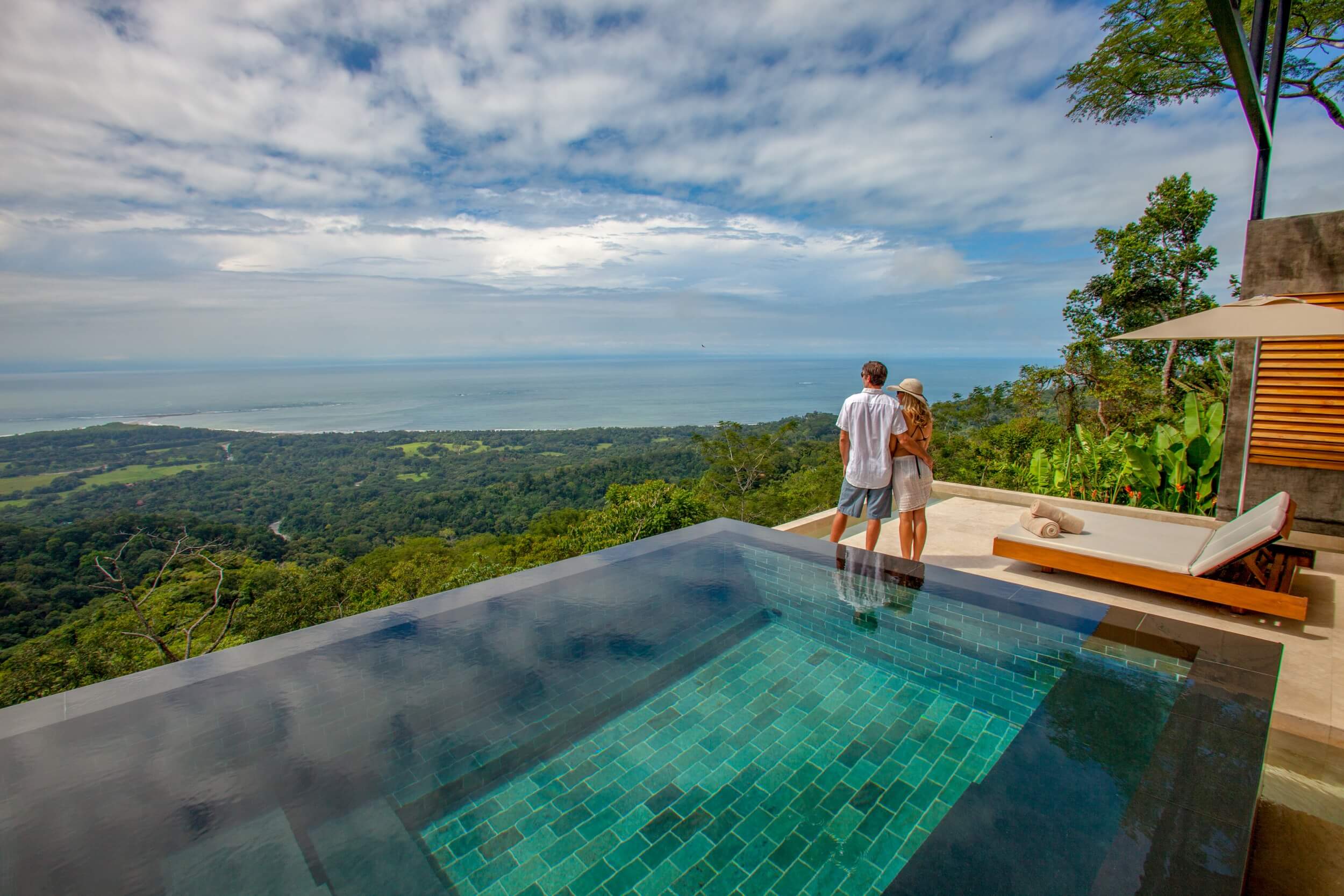
Courtesy of Cayuga Collection.
The Cayuga Collection
The Cayuga Collection is an award-winning hospitality group in Central America known for integrating luxury hospitality with impactful environmental and social initiatives. With properties nestled amidst the lush rainforests and serene coastlines of Costa Rica, Panama, and Nicaragua, each location has an approach to eco-hospitality, informed both by the environment and the local communities. To name just a few highlights, the Hotel Aguas Claras is made with repurposed materials and guest stays help fund support programs for the local Manzanillo School. Arenas Del Mar in Manuel Antonio has successfully restored over 7,000 trees, while Senda Montverde has planted 5,500 native plants on its grounds. The remote Isla Palenque in Panama utilizes rainwater harvesting, and Jicaro Island in Nicaragua is built entirely from timber reclaimed from trees blown down by Hurricane Felix. All of Cayuga’s resorts employ local staff almost exclusively, and source products from local craftsmen to ensure tourism benefits remain within the local economy.
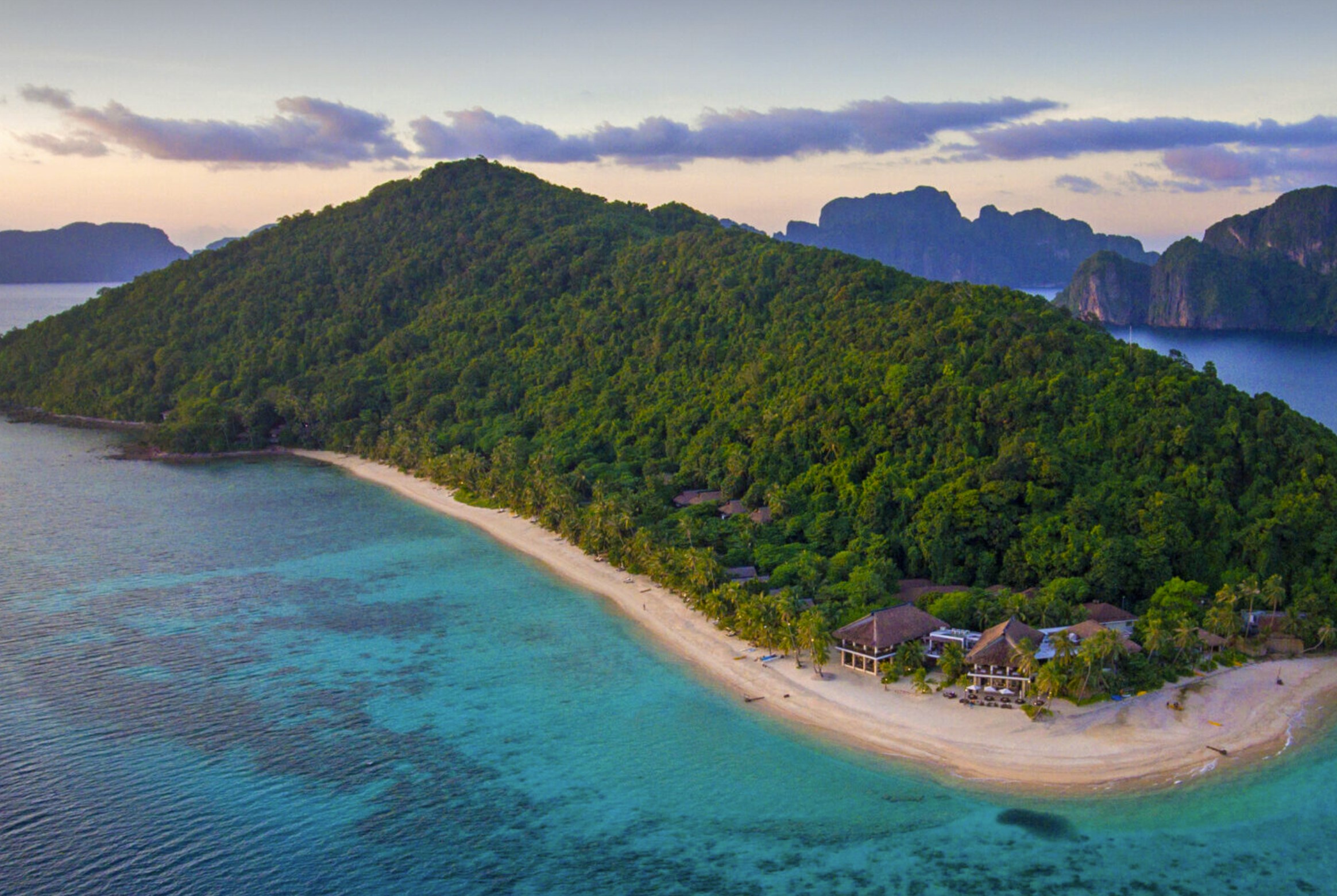
Courtesy of El Nido Resorts.
El Nido Resorts
El Nido Resorts, located in the El Nido-Taytay Managed Resource Protected Area in northern Palawan, exemplifies a deep commitment to sustainable tourism through rigorous waste and water management practices as well as the protection of its extremely biodiverse local ecosystem. To manage waste, each of their four eco-resorts incorporates materials recovery facilities that meticulously sort and recycle solid refuse, while organic material is composted on-site for use in lush resort gardens. To address water scarcity, the resorts operate desalination plants to convert seawater into fresh water. Rainwater harvesting systems capture and store rainwater for guest and staff use, complemented by water-saving devices like low-flow showers and toilets. The resorts are fiercely committed to wildlife conservation, with initiatives to protect sea turtle nesting sites and maintain marine sanctuaries. Guests are encouraged to participate in these efforts through guided eco-tours and educational programs that highlight the importance of preserving these delicate ecosystems.

Bonnie is a Bali-based freelance writer specializing in a more eco-conscious brand of luxury travel, design, style and wellbeing. Her bylines to-date include Azure Road, Elle UK, BBC Travel, Artful Living, Upscale Living, BLLNR, Well + Good, The New Zealand Herald and many others. For more from Bonnie, you can subscribe to her Substack or follow Bonnie on IG @eco.luxury.bon.


